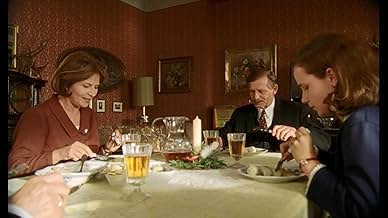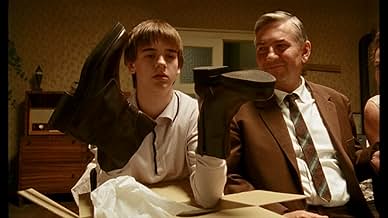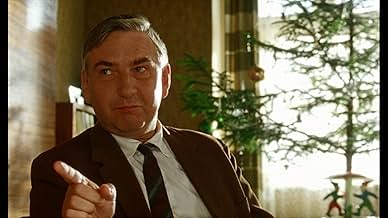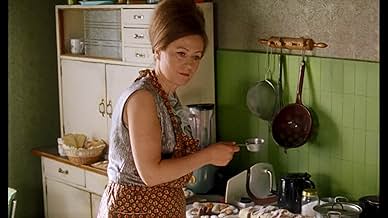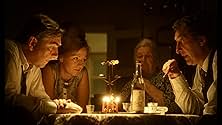Two families, Sebkovi and Krausovi, are celebrating Christmas, but not everyone is in a good mood. Teenage kids think their fathers are totally stupid; fathers are sure their children are no... Read allTwo families, Sebkovi and Krausovi, are celebrating Christmas, but not everyone is in a good mood. Teenage kids think their fathers are totally stupid; fathers are sure their children are nothing more than rebels, hating anything they say.Two families, Sebkovi and Krausovi, are celebrating Christmas, but not everyone is in a good mood. Teenage kids think their fathers are totally stupid; fathers are sure their children are nothing more than rebels, hating anything they say.

